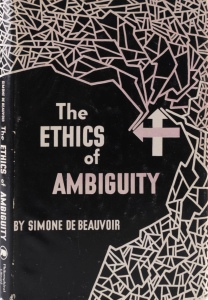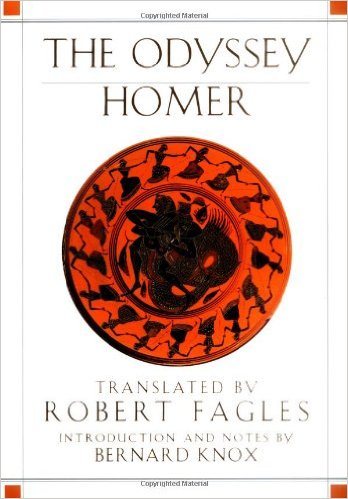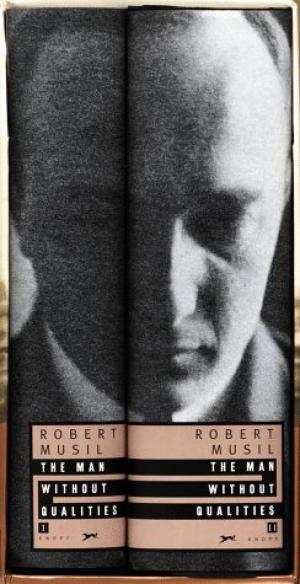
‘”The continuous work of our life,’ says Montaigne, ‘is to build death.’ He quotes the Latin poets: Prima, quae vitam dedit, hora corpsit. And again: Nascentes morimur. Man knows and thinks this tragic ambivalence which the animal and the plant merely undergo. A new paradox is thereby introduced into his destiny. ‘Rational animal,’ ‘thinking reed,’ he escapes from his natural condition without, however, freeing himself from it. He is still a part of this world of which he is a consciousness. He asserts himself as a pure internality against which no external power can take hold, and he also experiences himself as a thing crushed by the dark weight of other things. At every moment he can grasp the non-temporal truth of his existence. But between the past which no longer is and the future which is not yet, this moment when he exists is nothing. This privilege, which he alone possesses, of being a sovereign and unique subject amidst a universe of objects, is what he shares with all his fellow-men. In turn an object for others, he is nothing more than an individual in the collectivity on which he depends.”
—Simone de Beauvoir, The Ethics of Ambiguity. (trans. Bernard Frechtman)
The surprise was not the closure of Les Temps Modernes, but that it was until this week’s announcement still being published. It was in this journal, founded by Simone de Beauvoir and Jean-Paul Sartre, that The Ethics of Ambiguity was first published, originally serialised across four issues between November 1946 and February 1947.
In Ethics Beauvoir develops an ethical system founded on Jean-Paul Sartre’s Being and Nothingness (1943). I read both early enough to be of immeasurable influence. I found my edition of Ethics, published by The Philosophical Library of New York in 1948, in one of those bouquinistes on the Left Bank, which seemed appropriate.
The opening section quoted above is beautiful, but the elegance and force of Beauvoir is particulaly evident in her argument against nihilism:
“The nihilist attitude manifests a certain truth. In this attitude one experiences the ambiguity of the human condition. But the mistake is that it defines man not as the positive existence of a lack, but as a lack at the heart of existence, whereas the truth is that existence is not a lack as such. And if freedom is experienced in this case in the form of rejection, it is not genuinely fulfilled. The nihilist is right in thinking that the world possesses no justification and that he himself is nothing. But he forgets that it is up to him to justify the world and to man himself exist validly. Instead of integrating death into life, he sees in it the only truth of the life which appears to him as a disguised death. However, there is life, and the nihilist knows that he is alive. That’s where his failure lies. He rejects existence without managing to eliminate it. He denies any meaning to his transcendence, and yet he transcends himself. A man who delights in freedom can find an ally in the nihilist because they contest the serious world together, but be also sees in him an enemy insofar as the nihilist is a systematic rejection of the world and man, and if this rejection ends up in a positive desire, destruction, it then establishes a tyranny which freedom must stand up against.”

 One morning as I was riding my bicycle–I must have been around five or six years of age–I was struck by the sensation of being ‘me’. It hadn’t occurred to me before but the feeling persisted for several minutes. I saw myself for the first time as distinct from the people around me. In Sartre’s essay on Baudelaire, he writes that “Everyone in his childhood has been able to observe the accidental and shattering apparition of the consciousness of self.” When I was able, much later, to think coherently about that sensation of personal identity, I understood it to be composed of a person’s past and present.
One morning as I was riding my bicycle–I must have been around five or six years of age–I was struck by the sensation of being ‘me’. It hadn’t occurred to me before but the feeling persisted for several minutes. I saw myself for the first time as distinct from the people around me. In Sartre’s essay on Baudelaire, he writes that “Everyone in his childhood has been able to observe the accidental and shattering apparition of the consciousness of self.” When I was able, much later, to think coherently about that sensation of personal identity, I understood it to be composed of a person’s past and present.




